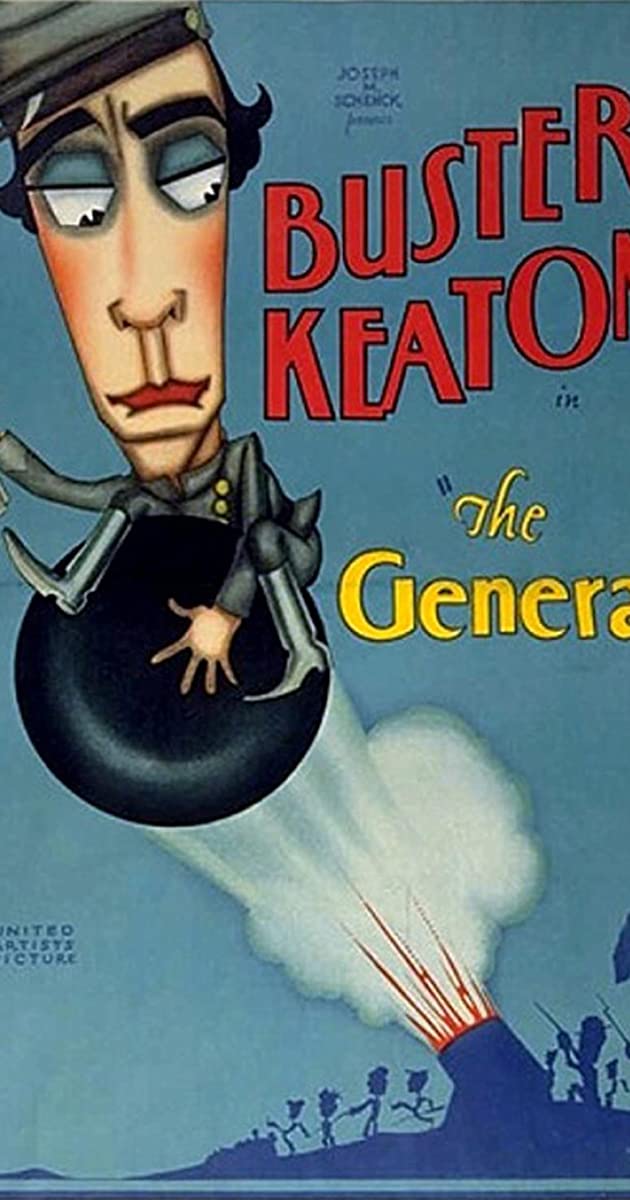

Hilliard "Fat" Karr was an obese comedian who appeared in silent two-reel slapstick comedies with two other heavyweights, Frank Alexander and 'Kewpie Ross', in F.B.O.'s low-budget "Ton of Fun" series at the end of the silent era. Hailing from Houston, Texas, Hilliard Karr made his motion picture debut in the Florida Film Corp.-produced "Sunbeam Comedy" A Dumbwaiter Scandal (1919). Three years later he was in California working for Metropolitan Pictures Corp., appearing as J.B. Warner's sidekick in the Western Big Stakes (1922). It then moved over to Universal for director King Baggot's Human Hearts (1922) and on to Coffin Productions for Easy Pickin' (1922), the first film in which his billing gave cognizance to his extensive weight (he was credited as "Fatty" Karr). In 1924 and '25, beginning with Lost Control (1924), Karr began appearing in comedy shorts for Century Film Corp. (distributed by Universal), where he worked with directors Edward Ludwig and Charles Lamont, among others. Typical of his films was the Buster Brown short Educating Buster (1925), which starred Pete the Dog as Buster's pooch Tighe. Karr subsequently appeared as the aptly named character "Fatty" in the Blue Streak Western The Circus Cyclone (1925) for Universal in 1925, but for the bulk of his cinema career thereafter, he made merry as part of the comedy team Ton of Fun from 1925 through1928. As a Ton of Fun, Karr appeared with two other very fat comedians, each of whom topped the scale at 300 lbs ("Fatty" Alexander weighed 350 at the height or his fame). The team made their debut as a comedy team in 1925's Tailoring (1925), with Alexander billed as "Tiny Alexander" (he would later take on the moniker "Fatty" for the series) and Karr would be billed as "Fat Karr." A typical sight gag in a "Ton of Fun" comedy would be Fatty Alexander, in Campus Romeos (1927), playing a salesman who hails a pretty young woman sitting astern in a canoe at the shore. As Fatty steps into the bow of the canoe to show the prospective customer his wares, the bow immediately sinks under his extensive weight, forcing the canoe to go perpendicular. The sweet young thing cannonballs out of the canoe, somersaults into the air and lands in the drink beside a wet Fatty whose bulk has destroyed the once water-worthy vessel. Produced by Joe Rock, the shorts were made by the Poverty Row studio Standard Photoplay Co. and released by Joseph P. Kennedy's Film Booking Office (F.B.O.), the precursor to R.K.O Radio Pictures. The series was made, in those far-less politically correct, less health-conscious times, to serve as part of the bill for budget-conscious theaters catering to the masses in the days when the movies were king, and television still a gleam in the eyes and imaginations of inventors and radio moguls. Advertised by F.B.O. as the "three fattest men on the screen," Fat Karr romped across the screen with Fatty Alexander and Kewpie Ross in 34 shorts, many with the adjective "Heavy" in the title (The Heavy Parade (1926), Heavy Fullbacks (1926), Heavy Infants (1928) and the strangely named Heavyation (1926)). Also billed as "The Three Fatties," the "Ton of Fun" team offered the most anarchic comedy per pound available at the time or after. In the series entry Three of a Kind (1926), The Three Fatties play entertainers at a nightclub/restaurant. In short order, a mêlée breaks out between the audience and A Ton of Fun, with the expected result of tables overturned and dishes smashed. In another entry, Heavy Love (1926), they portray three of the most inept carpenters who ever drove a nail through a board, let alone a skull. The Three Fatties get themselves a job working for a young lady (Lois Boyd) and end up building and subsequently destroying the most bizarre house ever seen. After making the last "Ton of Fun" comedy in 1928, A Joyful Day (1928), Kewpie Ross retired from the screen and Fatty Alexander was reduced to bit roles in movies at other studios. Undaunted, Hilliard Karr soldiered on, appearing in supporting roles in F.B.O.'s Love in the Desert (1929) and Too Hot to Handle (1930) (the latter released by R.K.O., the entity Joe Kennedy created from F.B.O. and his other film assets) before calling it a career with an uncredited bit in R.K.O.'s The Big Shot (1931). Hilliard Karr died in Dallas, Texas on October 5, 1945. He was 45 years old. - IMDb Mini Biography By: Jon C. Hopwood